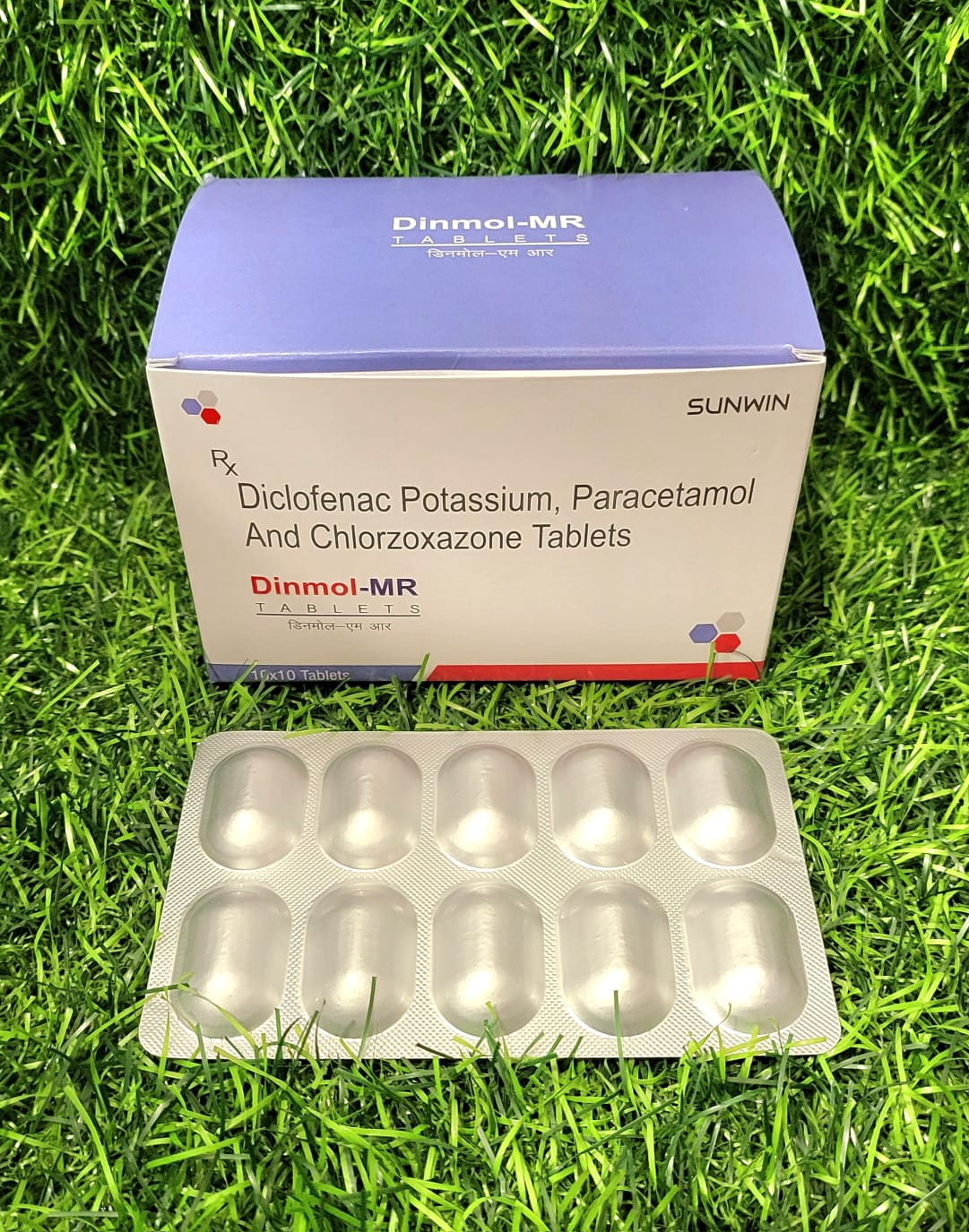Composition:-
Thiamine Hydrochloride 100mg
Uses:-
Thiamine 100mg is a form of vitamin B1, essential for the body’s proper functioning. It is commonly used to treat or prevent thiamine deficiency, which can occur due to poor diet, alcoholism, certain medical conditions, or increased thiamine requirements, such as during pregnancy or breastfeeding. Thiamine plays a crucial role in energy metabolism, nerve function, and the synthesis of neurotransmitters. Thiamine 100 supplements are often prescribed to individuals with conditions that affect the absorption or utilization of thiamine, such as gastrointestinal disorders, kidney dialysis, or certain genetic diseases.
Side Effects:-
While Thiamine 100 Hydrochloride is generally considered safe when used as directed, some individuals may experience side effects. Common side effects include upset stomach, nausea, vomiting, and diarrhea. These side effects are usually mild and temporary, resolving on their own without the need for medical intervention. In rare cases, allergic reactions to thiamine supplements may occur, characterized by itching, rash, swelling, or difficulty breathing. If any of these symptoms occur, it is essential to seek medical attention immediately. Long-term use of high-dose thiamine supplements may lead to rare side effects such as headache, fatigue, and muscle weakness, but these are uncommon and typically resolve upon discontinuation of the supplement.
Indication:-
Thiamine 100mg is indicated for the treatment and prevention of thiamine deficiency, which can manifest as a range of symptoms, including weakness, fatigue, irritability, confusion, and nerve damage. It is commonly prescribed to individuals at risk of thiamine deficiency due to poor dietary intake, chronic alcoholism, malabsorption syndromes, or certain medical conditions such as HIV/AIDS or chronic kidney disease. Thiamine deficiency can have serious consequences if left untreated, including neurological complications such as Wernicke-Korsakoff syndrome and beriberi. Thiamine supplements are also used prophylactically in high-risk populations, such as pregnant women, breastfeeding mothers, and individuals undergoing rapid weight loss or surgery, to ensure adequate thiamine levels and prevent deficiency-related complications. Regular monitoring of thiamine levels and clinical symptoms is essential to ensure the effectiveness of treatment and adjust the dosage as needed.


